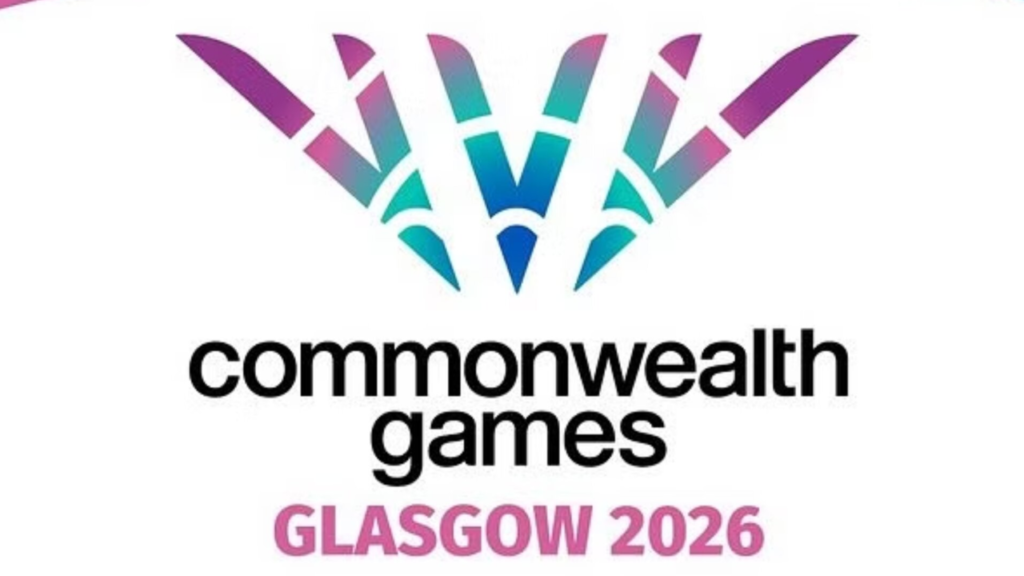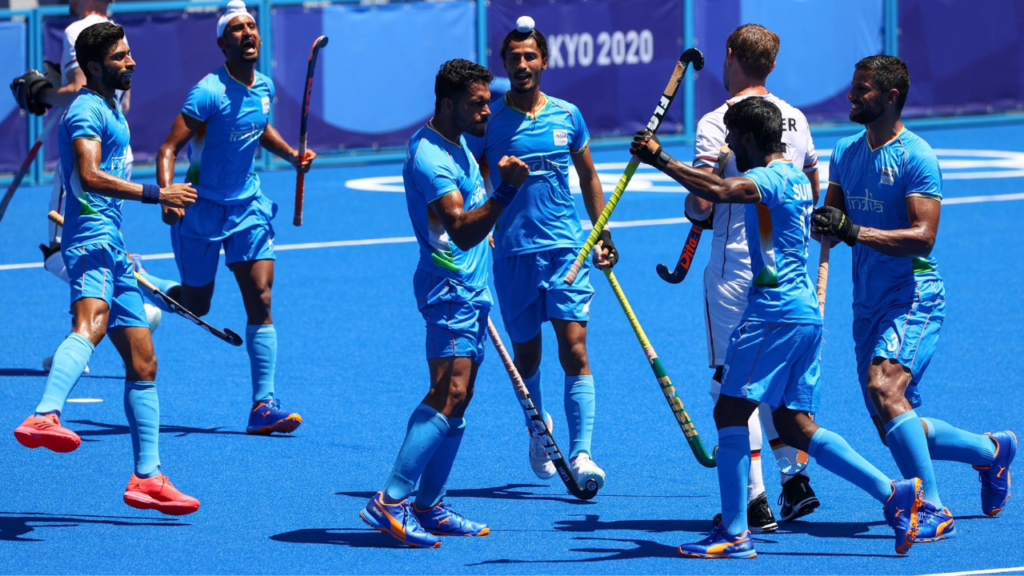
Glasgow has finally decided to host the 2026 Commonwealth Games (CWG). Also, the 10 sports that will make up the event have now been made public. Notable omissions are wrestling, cricket, squash, table tennis, badminton and hockey. The reasons given for the curtailment are escalating costs, and the desperation to make the Games viable and sustainable. While it is only fair that the organisers don’t want to host a mega event which eventually leaves a city with a huge debt burden, it is also clear that the CWG, as a movement, has completely lost relevance. This is an attempt to keep it alive till 2030, the centenary year, for after that, it is impossible to see it continue.
As a sporting event, the CWG was never of any real significance in the last three decades. And yet with all the euphoria around it, it was thought to be sustainable. Now, it no longer is. With the Olympics and the Asian Games gaining in strength, the CWG has been left far behind. Now, it is almost as if the host country will decide on which sports to be included because it is doing a favour to the Commonwealth Games Federation (CGF) by agreeing to stage the games. Glasgow saved the day and, in doing so, got the opportunity to choose the sports it wanted, except for athletics and swimming, which are permanent inclusions in the CWG roster.
Performing at the CWG is like a double-edged sword. This is because, at one level, Indian athletes are expected to do well in the absence of European and Asian superpowers. They are expected to dominate the Games alongside the British, Australian and Canadian athletes. Given the expectations, a winning effort tends to be greeted with: ‘Oh well, it was on the cards, so what’s the big deal?’
The relatively lower standard of competition can prove counterproductive as well. Unfancied opponents, athletes have suggested to us in the past, can be more difficult to deal with, because more often than not, they are unknown in elite sporting circles. There is very little expectation from a huge number of athletes from less fancied sporting nations, and in such situations, some of them often turn into giant-killers.

Expectations cause unwanted pressure, and there are numerous examples of top athletes falling by the wayside unable to deal with the burden. Maybe this is the reason why leading athletes have preferred to stay away from the Commonwealth Games in the past. Usain Bolt, at the peak of his powers, only took part in the 4x100m relay in Glasgow (2014). He wasn’t there in New Delhi (2010) despite a serious effort put in by the Indian organisers. Sir Chris Hoy too decided to stay away from the Delhi games because a win would have done little for his already stellar career.
What will the Glasgow CWG mean for Indian sport? Will many medals actually mean a step forward? Do medals at the CWG have any relevance looking ahead to the Olympics in 2028?
The honest answer to each of the questions posed above is ‘No’. The truth is a CWG win is no index of real sporting progress, and it would be foolhardy to see these performances and rave about the improvement achieved in Indian Olympic sport. It is to be viewed in perspective, and any false sense of hope can only retard real progress in the future.
A 100 medals at the CWG do not guarantee 50 at the Asian Games, and that’s the ground reality. That’s why, while celebrating Glasgow coming forward to host the games, it is also pertinent to say that the end is near. Maybe 2030 will see the CWG breathe its last.
Also Read: Commonweath Games 2026: Hockey, shooting and wrestling set to be axed



